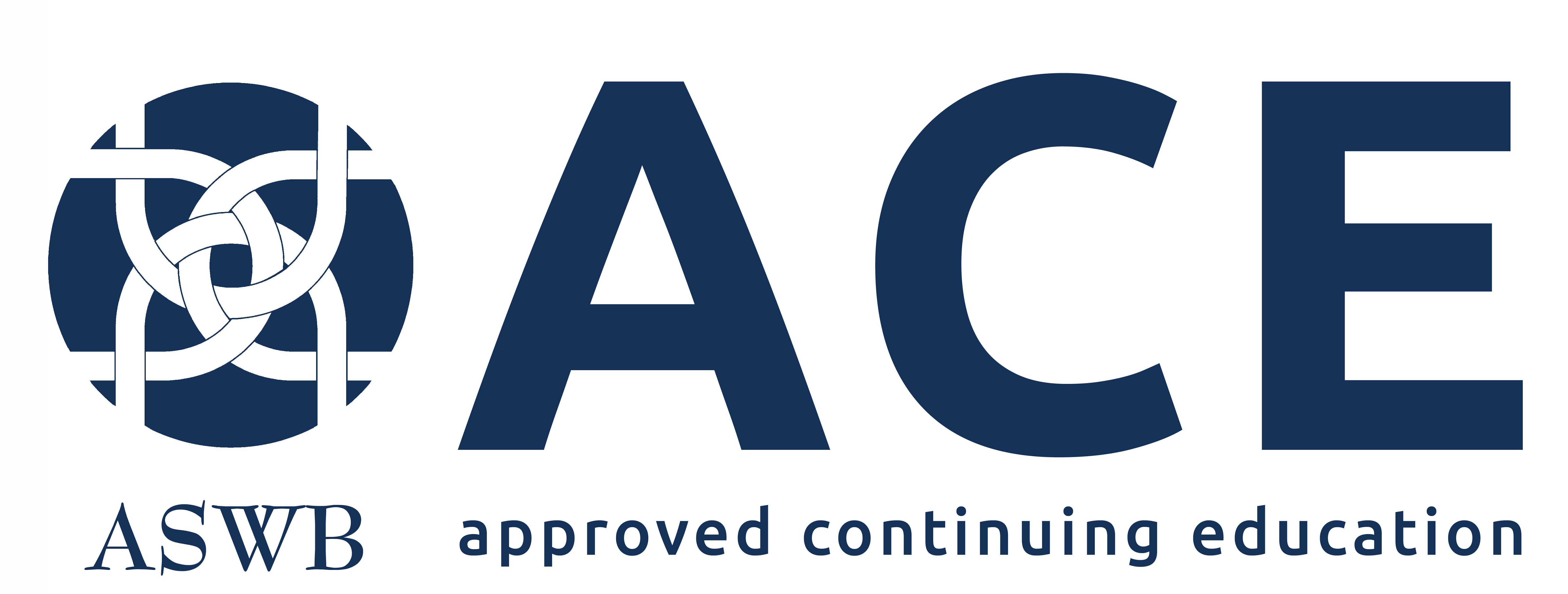ED & Inpatient Management of Opioid Withdrawal - Robert Redwood, MD, MPH
Intended Audience
MD/DO, RN, APRN, Physician Assistants, Social Workers, CSAC, Behavioral Health Providers, and Peer Recovery Services.
Learning Objectives
As a result of participation in this educational activity, members of the healthcare team will:
1. Explain 3 adjunct medications for treatment of opioid withdrawal and their utility in treating specific symptoms.
2. Interpret a sample COWS score and a SOWS score for opioid withdrawal severity.
3. Discuss the role of additional buprenorphine administration in a patient suffering from buprenorphine precipitated opioid withdrawal.
FACULTY DISCLOSURE
It is the policy of the University of Wisconsin–Madison Interprofessional Continuing Education Partnership (ICEP) to identify, mitigate and disclose all relevant financial relationships with ineligible companies* held by the speakers/presenters, authors, planners, and other persons who may influence content of this accredited continuing education (CE). In addition, speakers, presenters and authors must disclose any planned discussion of unlabeled/unapproved uses of drugs or devices during their presentation.
* Ineligible companies are those whose primary business is producing, marketing, selling, re-selling, or distributing healthcare products used by or on, patients.
The ACCME does not consider providers of clinical services directly to patients to be ineligible companies.
For this accredited continuing educational activity all relevant financial relationships have been mitigated and detailed disclosures are listed below:
Name | Role | Financial Relationship Disclosures | Discussion of Unlabeled/Unapproved uses of drugs/devices in presentation? |
Robert Redwood, MD | Presenter/ Planner | No relevant financial relationships with ineligible companies to disclose. | No |
| Randall Brown, MD, PhD | RSS Chair | Usona Institute (Grant/Contract) multi-disciplinary association for psychedelic studies (Grant / Contract) | Yes |
| Nada Rashid | RSS Coordinator | No relevant financial relationships with ineligible companies to disclose. | No |
| Christopher Nicholas, PhD | Planner | No relevant financial relationships with ineligible companies to disclose. | Yes |
| Maggie Williams | Planner | No relevant financial relationships with ineligible companies to disclose. | No |
| Susan Mindock MSW, RN, CARN | Planner | No relevant financial relationships with ineligible companies to disclose. | No |
| Molly McIntosh, SAC | Planner | No relevant financial relationships with ineligible companies to disclose. | Yes |
| Jill Lindwall, MSN, BSN, RN | Planner | No relevant financial relationships with ineligible companies to disclose. | No |
| Nadine Allen, MBA, CPHQ | Planner | No relevant financial relationships with ineligible companies to disclose. | No |
Accreditation Statement
 | In support of improving patient care, the University of Wisconsin–Madison ICEP is jointly accredited by the Accreditation Council for Continuing Medical Education (ACCME), the Accreditation Council for Pharmacy Education (ACPE), and the American Nurses Credentialing Center (ANCC) to provide continuing education for the healthcare team. |
Credit Designation Statements
American Medical Association (AMA)
The University of Wisconsin–Madison ICEP designates this enduring material for a maximum of 1.0 AMA PRA Category 1 Credits™. Physicians should claim only the credit commensurate with the extent of their participation in the material.
American Nurses Credentialing Center (ANCC)
The University of Wisconsin–Madison ICEP designates this enduring material for a maximum of 1 ANCC contact hour(s).
AAPA Category 1 CME credit

| The University of Wisconsin–Madison ICEP has been authorized by the American Academy of PAs (AAPA) to award AAPA Category 1 CME credit for activities planned in accordance with AAPA CME Criteria. This activity is designated for 1.0 AAPA Category 1 CME credits. Approval is valid until 5/30/25. PAs should only claim credit commensurate with the extent of their participation |
ASWB Approved Continuing Education (ACE)
 | As a Jointly Accredited Organization, the University of Wisconsin–Madison ICEP is approved to offer social work continuing education by the Association of Social Work Boards (ASWB) Approved Continuing Education (ACE) program. Organizations, not individual courses, are approved under this program. Regulatory boards are the final authority on courses accepted for continuing education credit. Social workers completing this course receive 1.0 Clinical continuing education credits. |
Continuing Education Units
The University of Wisconsin–Madison, as a member of the University Continuing Education Association (UCEA), authorizes this program for 0.1 continuing education units (CEUs) or 1.00 hour.
Medication Access and Training Expansion (MATE) Act
This session is designed to meet the requirements outlined in the Medication Access and Training Expansion (MATE) Act. (Click here for more information.) Number of hours: 1.0
Available Credit
- 1.00 AAPA Category 1 CME
- 1.00 AMA PRA Category 1 Credit™
- 1.00 ANCC Contact Hours
- 1.00 University of Wisconsin–Madison Continuing Education Hours
- 1.00 Approved for AMA PRA Category 1 Credit™
Registration for this activity can only be completed through the ICEP Learning Portal. Attendee registrations made through any other sites cannot be honored. UW-Madison ICEP is not able to refund fees paid through unaffiliated registration sites, such as eMedEvents.com, MedConfWorld.com, EventEgg.com, and 10times.com. Please report any unauthorized websites or solicitations for registrations to [email protected]
ACCESSIBILITY
The University of Wisconsin provides equal opportunities in employment and programming, including Title IX requirements. The University of Wisconsin fully complies with the legal requirements of the ADA and the rules and regulations thereof. If any participant in this educational activity is in need of accommodations, please notify us at [email protected]
Required Hardware/software
Computer, tablet, or other mobile device with sound.
Free, current version of Edge, Firefox, Safari, or Chrome. Some older browsers and Internet Explorer could produce error messages or not display the content correctly.
Free, current version of Adobe Acrobat Reader or other .pdf reader.

 Facebook
Facebook X
X LinkedIn
LinkedIn Forward
Forward